12 June 2025
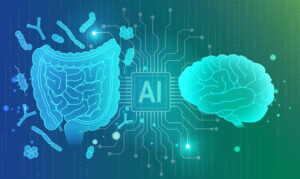
Parkinson's disease, a neurodegenerative condition causing motor and non-motor symptoms like gut issues (often appearing decades early), is being investigated for its link to the gut microbiome. While previous studies have shown gut microbiome changes in Parkinson's patients, a clear consensus on…
SCIENCE & TECHNOLOGY
2025
sciencescience-technology
31 July 2024
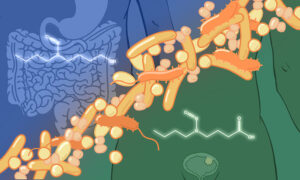
Study shows that gut bacteria can metabolise carcinogens and cause them to accumulate in distant organs, leading to tumour development.
SCIENCE & TECHNOLOGY
27 June 2024
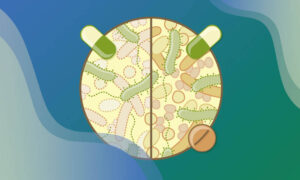
EMBL researchers and their partners have been studying microbial functions and interactions for the benefit of human and planetary health for the last two decades.
SCIENCE & TECHNOLOGY
20 October 2023
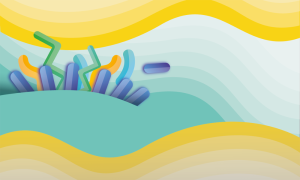
Here are six takeaways from a recent EMBO/EMBL symposium that brought together scientists to discuss the state of research involving the human microbiome and its connection to health and disease.
SCIENCE & TECHNOLOGY
2023
eventsscience-technology
15 September 2022

EMBL researchers used data from over 300 human faecal microbiota transplants to gain an ecological understanding of what happens when two gut microbiomes clash.
SCIENCE & TECHNOLOGY
2022
sciencescience-technology
9 March 2022
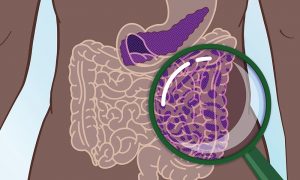
A molecular signature of 27 microorganisms in stool defines the high-risk population for the most common pancreatic cancer and could be used for early detection of the disease.
SCIENCE & TECHNOLOGY
2022
sciencescience-technology
4 January 2022
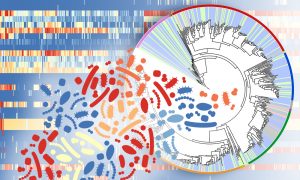
Researchers have identified hundreds of new bacterial species and viruses in the human skin microbiome.
SCIENCE & TECHNOLOGY
2022
sciencescience-technology
13 October 2021
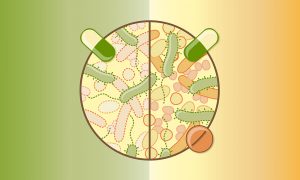
Researchers from EMBL’s Typas group and collaborators have analysed the effects of 144 antibiotics on the wellbeing of gut microbes. The study improves our understanding of antibiotics’ side effects and suggests a new approach to mitigating the adverse effects of antibiotics therapy on gut…
SCIENCE & TECHNOLOGY
2021
sciencescience-technology
8 September 2021
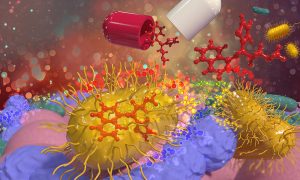
A new collaborative study led by EMBL group leaders Kiran Patil, Nassos Typas, and Peer Bork has found that common medications accumulate in human gut bacteria. This process reduces drug effectiveness and affects the metabolism of common gut microbes, thereby altering the gut microbiome.
SCIENCE & TECHNOLOGY
2021
sciencescience-technology
16 June 2021

Researchers investigate how external factors can influence the persistence of microbe species in the human gut
SCIENCE & TECHNOLOGY
2021
sciencescience-technology
20 May 2021
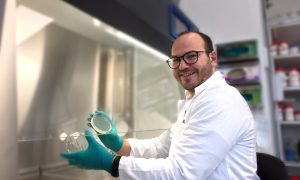
The Gesellschaft für Biochemie und Molekularbiologie has awarded a FEBS Anniversary Prize to Michael Zimmermann for his gut microbiome research.
EMBL ANNOUNCEMENTSLAB MATTERS
2021
embl-announcementslab-matters
20 July 2020
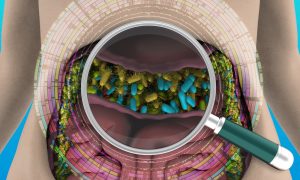
An international team of scientists has collated all known bacterial genomes from the human gut microbiome into a single large database. Their work will allow researchers to explore the links between bacterial genes and proteins, and their effects on human health.
SCIENCE & TECHNOLOGY
2020
sciencescience-technology
8 November 2019

On microbiomes, public engagement and not being boring
PEOPLE & PERSPECTIVES
2019
eventspeople-perspectives
11 February 2019
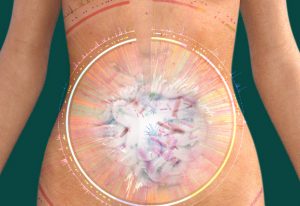
Researchers identify novel gut bacteria species and call for more data from beyond Europe and North America
SCIENCE & TECHNOLOGY
2019
sciencescience-technology
20 April 2011
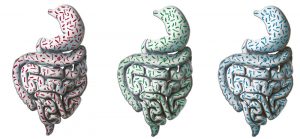
In the future, when you walk into a doctor’s surgery or hospital, you could be asked not just about your allergies and blood group, but also about your gut type. Scientists at the European Molecular Biology Laboratory (EMBL) in Heidelberg, Germany, and collaborators in the international MetaHIT…
SCIENCE & TECHNOLOGY
2011
sciencescience-technology
4 March 2010
The thousands of bacteria, fungi and other microbes that live in our gut are essential contributors to our good health. They break down toxins, manufacture some vitamins and essential amino acids, and form a barrier against invaders. A study published today in Nature shows that, at 3.3 million,…
SCIENCE & TECHNOLOGY
2010
sciencescience-technology
16 October 2008
Today at a meeting organised by the European Molecular Biology Laboratory (EMBL) in Heidelberg, Germany, scientists from around the globe announced the formation of the International Human Microbiome Consortium (IHMC), an effort that will enable researchers to characterise the relationship of the…
LAB MATTERS
No results found














